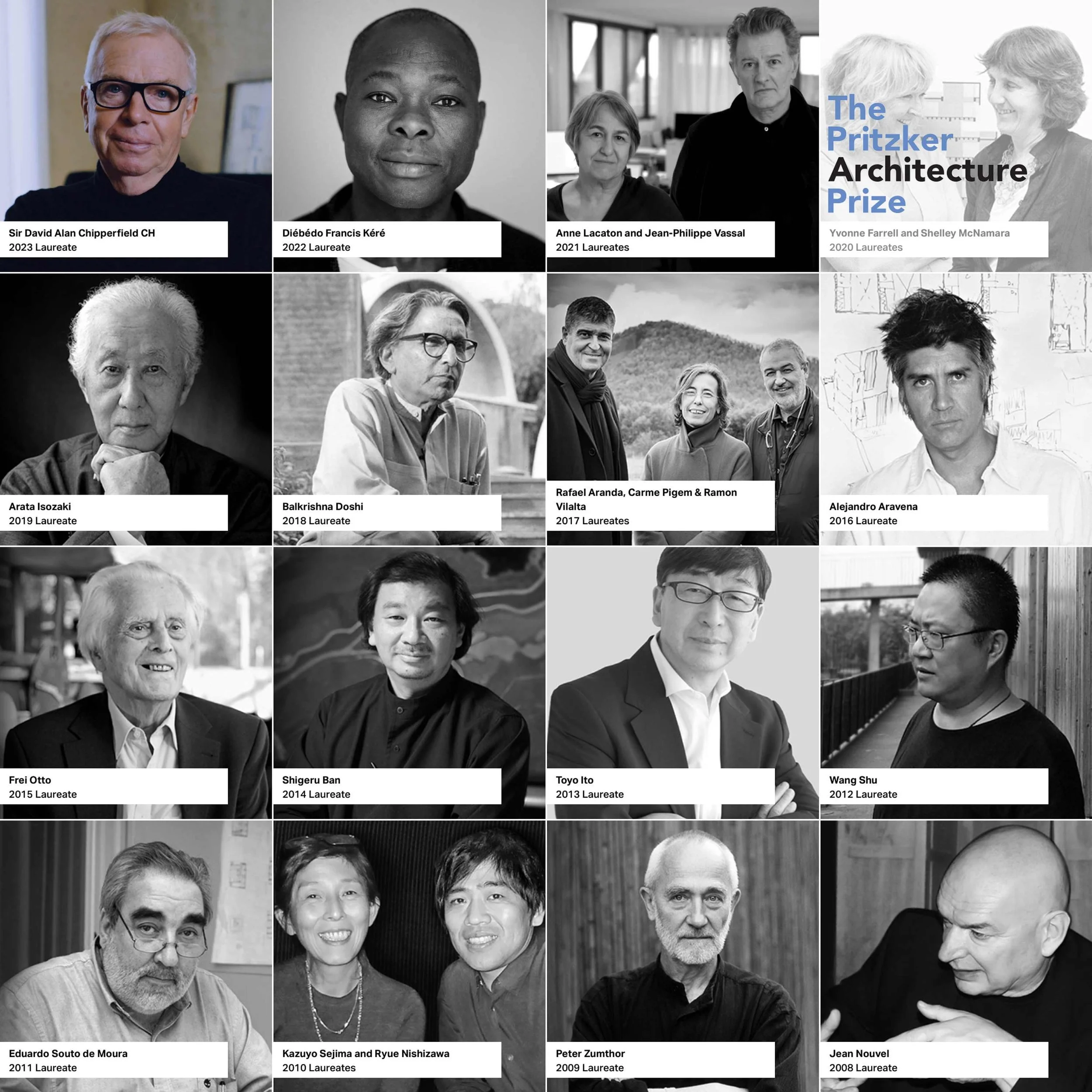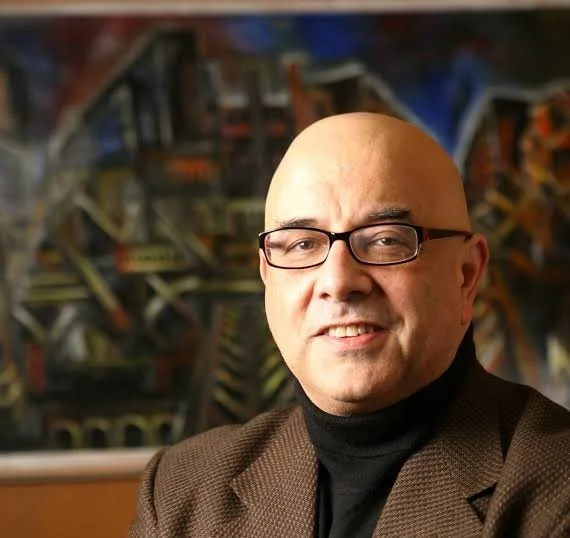PIA MANCINI - Co-founder/CEO of Open Collective - Chair of DemocracyEarth Foundation - YGL World Economic Forum
/Co-founder/CEO of Open Collective - Chair of DemocracyEarth Foundation
Alum of YC & Young Global Leaders at World Economic Forum
And so I think many of those challenges have to do with the nature of power and how power is conservative and power will do anything in order to stay in power. And the status quo will do anything and make itself look like anything that you want in order to stay in power. And they might change their spots a little bit here or there, but if you look deep enough, it's the same people. It's the same power.
And so for me, that was the big challenge of realizing that we were facing power and power is conservative, and that's not the way to really achieve the change that we wanted to make. I wasn't patient enough for incremental changes. That's not what I'm interested in. So there's one set of challenges that I think is common to anyone in my position trying to do this. With regards to being a young woman, I mean, sure you face the same kind of sexist comments that you would face anywhere else that I face now as a woman CEO. The best thing I can do for that is just occupying the space and keep occupying the space and refusing to move away or let things like that stop me from engaging.




















